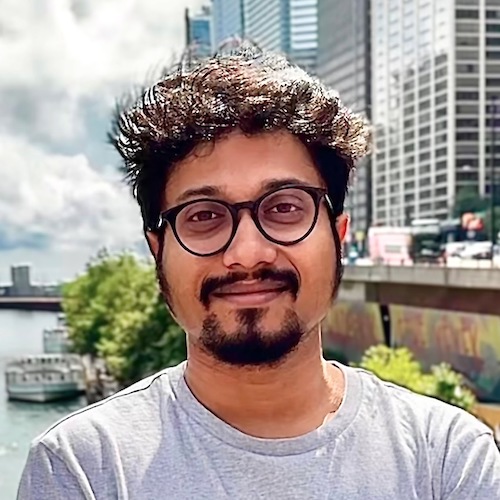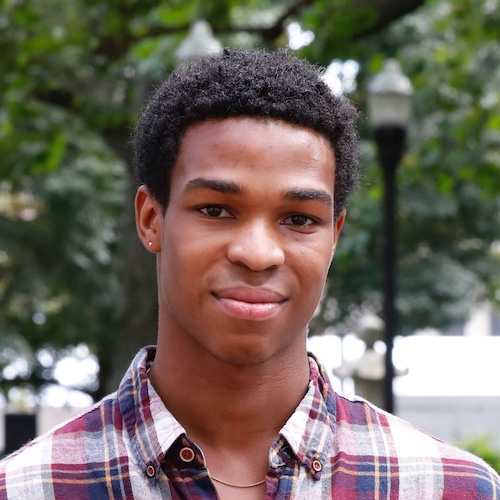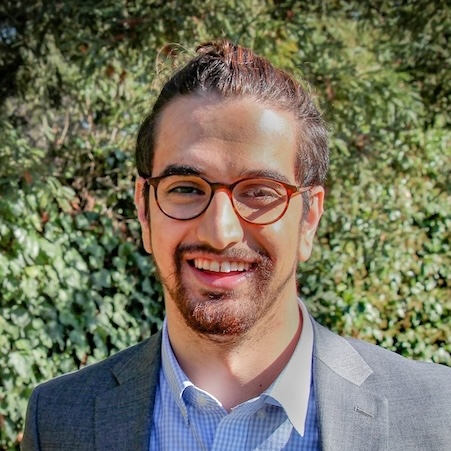Group Members

Timothy Berkelbach
Principal Investigator
Postdoc, Princeton University (2014-2016)
Ph.D. Columbia University (2014)
B.A. NYU (2009)

Diana Chamaki
Graduate Student
NSF Graduate Research Fellow (2025-2028)
B.A. UC Berkeley (2021)

Sohang Kundu
Postdoctoral Researcher
Ph.D. UIUC (2023)
M.Sc. IIT Bombay (2017)
B.Sc. Presidency University, Kolkata (2015)

Eleanor Mackintosh
Graduate Student
M.Sc. University of Oxford (2023)
M.Ed. Harvard University (2022)
B.S. Davidson College (2021)

Henry Tran
Postdoctoral Researcher
Ph.D. MIT (2022)
M.Phil. University of Cambridge (2017)
B.S. Ohio State (2016)

Hung-Sheng (Thomas) Tsai
Graduate Student
M.S. National Taiwan University (2024)
B.S. National Taiwan University (2022)
LaToya Anderson
Visiting undergraduate student
2021
MIT Lincoln Lab Supercomputing Center
James Callahan
Graduate Student
2017-2022
Teacher, Boston Latin School
Arailym Kairalapova
Postdoctoral Researcher
2020-2025
Malte Lange
Graduate Student
2016-2021
Co-founder, Minoa
Verena Neufeld
Postdoctoral Researcher
2020-2023
Senior Quantum Solutions Computational Chemist, PsiQuantum
James Smith
Flatiron Research Fellow
2020-2022
Member of the Technical Staff, AMD
Shi-Ning Sun
Undergraduate Student
2017-2018
Nvidia


